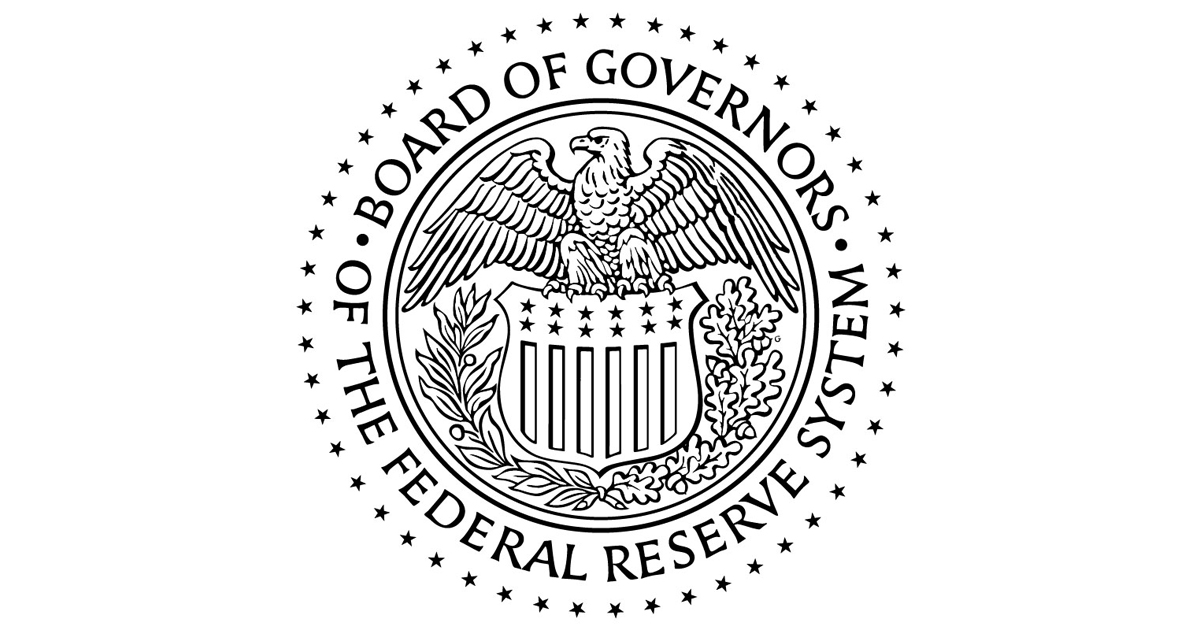The Federal Reserve Board on Wednesday requested comment on a proposal to lower the maximum interchange fee that a large debit card issuer can receive for a debit card transaction. The proposal would also establish a regular process for updating the maximum amount every other year going forward.
By law, the Board is required to establish standards for assessing whether an interchange fee received by a large debit card issuer for processing a transaction is reasonable and proportional to certain issuer costs. The Board first implemented this statutory requirement in 2011, setting an interchange fee cap for debit card issuers with $10 billion or more in assets. The proposal would adjust the interchange fee cap to reflect changes in issuer costs since the rule first took effect. For example, the cap on an average-sized $50 debit card transaction would decline from 24.5 cents under the current rule to 17.7 cents under the proposal. In addition, the proposal would adopt an approach for future adjustments to the interchange fee cap, which would occur every other year based on issuer cost data gathered by the Board from large debit card issuers.
The Board today also approved the release of the latest biennial report detailing data collected from large debit card issuers on interchange fees, issuer costs, and fraud related to debit card transactions in 2021.
The comment period will close 90 days after the proposal is published in the Federal Register.

Federal Reserve Board requests comment on a proposal to lower the maximum interchange fee that a large debit card issuer can receive for a debit card transaction
The Federal Reserve Board on Wednesday requested comment on a proposal to lower the maximum interchange fee that a large debit card issuer can receive for a de
www.federalreserve.gov
As I read this, it occurred to me that this interchange fee is an analogue of gas fees in a crypto system. The most well known cryptos (Bitcoin, Ethereum) have crazy high transaction costs, but there are numerous platforms that have gas fees that are very small fractions of a penny for a transaction (like $0.00001 per transaction on Stellar [XLM]). Competition is good, right?
